Disclosure: This article contains affiliate links. We may earn a commission from purchases at no extra cost to you, which helps our travel content.
As I stepped out of Chhatrapati Shivaji International Airport into Mumbai's energetic atmosphere, the contrast between this megacity and my classroom in Kansas City couldn't have been more striking. The warm winter air carried scents of street food mingling with exhaust fumes, while the cacophony of honking horns and rapid-fire conversations in multiple languages created Mumbai's distinctive urban soundtrack. I was here for an educational conference on integrating traditional knowledge systems into modern science curricula, but Mumbai—India's financial powerhouse—had much to teach me about the intersection of ancient traditions and contemporary business culture. Whether you're closing deals in the gleaming towers of the Bandra Kurla Complex or exploring potential partnerships in this dynamic market, Mumbai demands a unique approach to business travel. This guide distills my experiences navigating this complex metropolis as both an educator and professional visitor, offering insights that balance efficiency with cultural immersion.
Luxury Accommodations: Strategic Home Bases
Mumbai's luxury hotel landscape offers far more than just comfortable beds—these establishments function as strategic business hubs where connections happen and impressions matter. During my week-long stay, I split my time between two distinct business districts to maximize my understanding of the city's commercial dynamics.
The Taj Mahal Palace in South Mumbai stands as an iconic landmark overlooking the Arabian Sea and the Gateway of India. Beyond its colonial grandeur and impeccable service, what impressed me most was how seamlessly the staff anticipated business travelers' needs. The executive lounge provided a serene environment for impromptu meetings, while the business center staff efficiently handled my presentation materials and last-minute printing requests. The hotel's legacy as a gathering place for Mumbai's elite makes it an ideal location for high-level meetings—I noticed several discreet business conversations happening in the Sea Lounge over afternoon tea.
For those focused on Mumbai's newer financial district, the The St. Regis Mumbai in Lower Parel offers proximity to modern office complexes and the headquarters of numerous multinational corporations. The property's contemporary design and tech-forward amenities cater perfectly to international executives. Their 24-hour butler service proved invaluable when I needed to prepare materials for an early morning presentation.
While both properties command premium rates (starting at $300-400 per night), the investment yields dividends in productivity, networking opportunities, and seamless logistics. I found my travel organizer essential for keeping all my charging cables, adapters, and tech accessories perfectly organized between meetings and hotel changes.
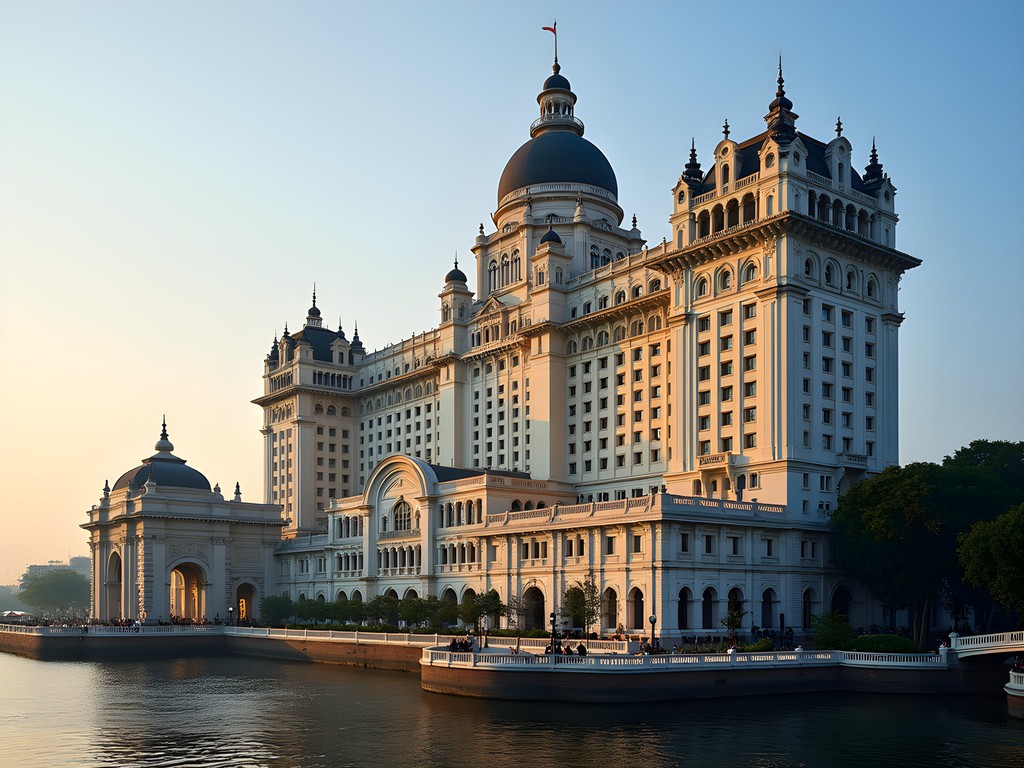
💡 Pro Tips
- Request a room on a higher floor for better sleep quality away from Mumbai's street noise
- Book hotels with executive lounges for complimentary breakfast, evening canapés, and quiet meeting spaces
- Most luxury hotels offer complimentary airport transfers—arrange this in advance to avoid taxi negotiations after a long flight
Navigating Mumbai's Transportation Maze
Mumbai's notorious traffic can derail even the most carefully planned business schedule. During my visit, I quickly learned that transportation strategy is perhaps the most crucial element of business success in this metropolis.
For executives with packed itineraries, I recommend avoiding self-driving or standard taxis altogether. Instead, arrange a dedicated car and driver through your hotel's concierge service. My driver, Rajesh, became an invaluable local guide and time-management consultant, suggesting departure times based on traffic patterns and alternative routes when main arteries became congested. This service typically costs $80-100 per day—a worthwhile investment when you consider the productivity saved.
When traveling between South Mumbai and the northern suburbs during rush hour, Mumbai's local trains might seem tempting for their speed, but they're extraordinarily crowded and challenging to navigate for visitors. Instead, I discovered that marine transport offers a surprisingly efficient alternative. The newly expanded water taxi services between locations like Gateway of India and Mandwa or Belapur proved both scenic and time-efficient.
For shorter distances, ride-hailing apps like Uber and Ola function well in Mumbai, though I recommend scheduling rides in advance during peak hours. The city's auto-rickshaws are economical for short hops in the suburbs (though not permitted in South Mumbai's business districts).
During my stay, I found my portable power bank absolutely essential—Mumbai's traffic means longer travel times, and keeping devices charged between meetings became critical. Similarly, a good pair of noise-canceling headphones transforms gridlocked commutes into productive preparation time.
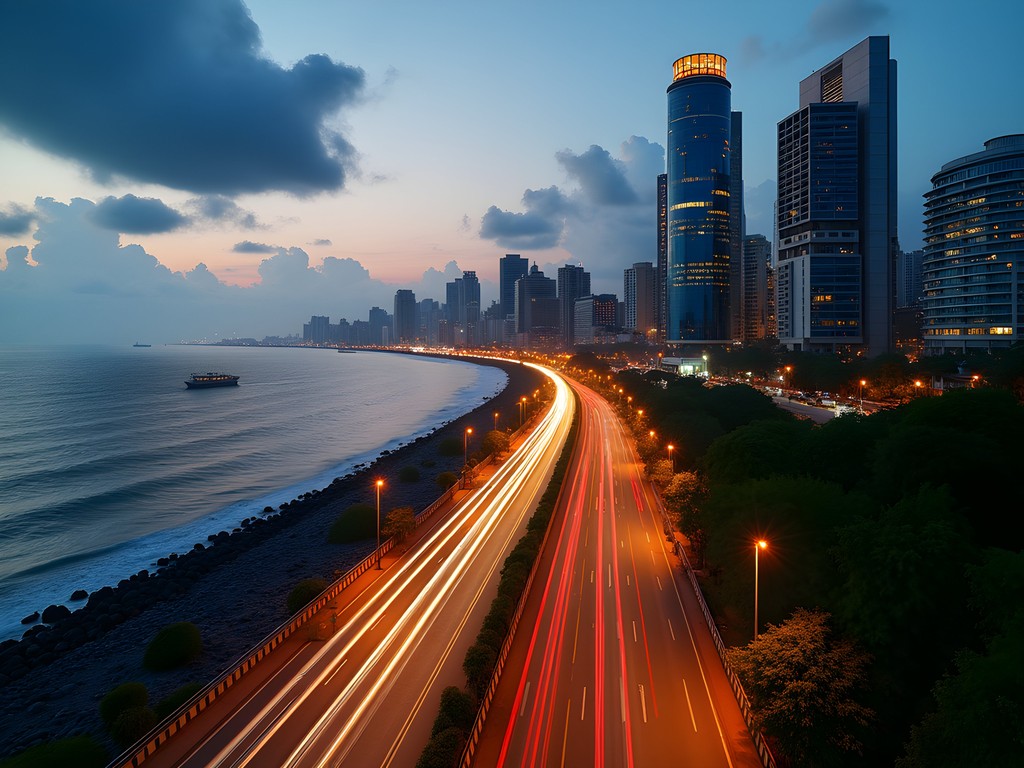
💡 Pro Tips
- Schedule meetings with at least 60-90 minutes buffer time between locations
- Consider booking accommodations near your primary meeting locations rather than commuting across the city
- Download offline maps before your trip, as network connectivity can be unreliable in transit
Business Etiquette and Cultural Intelligence
Success in Mumbai's business environment requires more than just technical expertise—it demands cultural intelligence. As someone who studies the intersection of traditional knowledge and modern practices, I was fascinated by how these dynamics play out in Mumbai's corporate world.
Business relationships in India are built on personal connections. While my American colleagues often prefer to "get straight to business," I observed that meetings in Mumbai typically begin with extended pleasantries, inquiries about family, and general conversation. This isn't mere small talk but a crucial relationship-building process. Rushing past this stage signals impatience and can damage rapport.
Hierarchy remains important in Indian business culture. During meetings, I noticed decisions often deferred to the senior-most person present, even when younger team members handled the presentation. Understanding reporting structures before entering negotiations saves considerable time.
The concept of time differs subtly from Western business practices. While punctuality is increasingly valued in Mumbai's international business circles, meetings frequently start 15-20 minutes later than scheduled. However, as a visitor, you're still expected to arrive on time. I found this created perfect opportunities for informal conversations with other attendees.
Business cards remain essential in Mumbai. I recommend carrying plenty, presenting them with both hands, and taking a moment to read cards you receive before putting them away respectfully. This small gesture demonstrates attention to relationship details.
Finally, understanding dietary customs proved invaluable for business meals. Many executives follow vegetarian diets or have religious dietary restrictions. When hosting, I learned to inquire discreetly about preferences and ensure diverse menu options. Business entertaining often happens at hotel restaurants rather than private homes, though an invitation to someone's residence indicates a particularly valued relationship.

💡 Pro Tips
- Schedule fewer meetings per day than you might in Western countries to allow for relationship building
- Learn basic Hindi greetings and expressions—even imperfect attempts are appreciated as a sign of respect
- Be flexible with timing but maintain your own punctuality as a visitor
Finding Balance: Wellness and Productivity
Mumbai's intensity—its crowds, noise, and relentless pace—can quickly deplete even the most seasoned business traveler. Maintaining wellness becomes not just a personal concern but a business imperative for sustained productivity.
The city's air quality presents a particular challenge. During my winter visit, pollution levels were moderate, but I still found my portable air purifier invaluable for ensuring restful sleep. The compact device fits easily in carry-on luggage and transformed my hotel room into a clean-air sanctuary.
Jet lag management proved crucial for performance. Rather than fighting it, I strategically scheduled my most demanding meetings during times that aligned with my peak alertness based on my home time zone. For the first few days, this meant front-loading complex negotiations into afternoon sessions rather than early mornings.
Mumbai's luxury hotels excel at wellness offerings that efficiently restore executive energy. The Taj's Jiva Spa integrates traditional Ayurvedic treatments with contemporary techniques—I found their 60-minute Vishrama body massage specifically designed for jet lag recovery remarkably effective. Similarly, The St. Regis offers in-room yoga sessions that can be scheduled before breakfast meetings.
Hydration deserves special mention in Mumbai's climate. The combination of pollution, air conditioning, and potential dietary adjustments can quickly lead to dehydration. I carried a reusable water bottle but relied exclusively on bottled or filtered water throughout my stay.
Despite packed schedules, I prioritized brief morning walks along Marine Drive or in Lodhi Gardens. These short excursions provided cultural context for my business interactions while offering physical activity and mental refreshment. The perspective gained from these moments—observing local residents practicing yoga at sunrise or fishermen preparing their boats—enriched my understanding of the city's rhythms and informed my professional interactions.
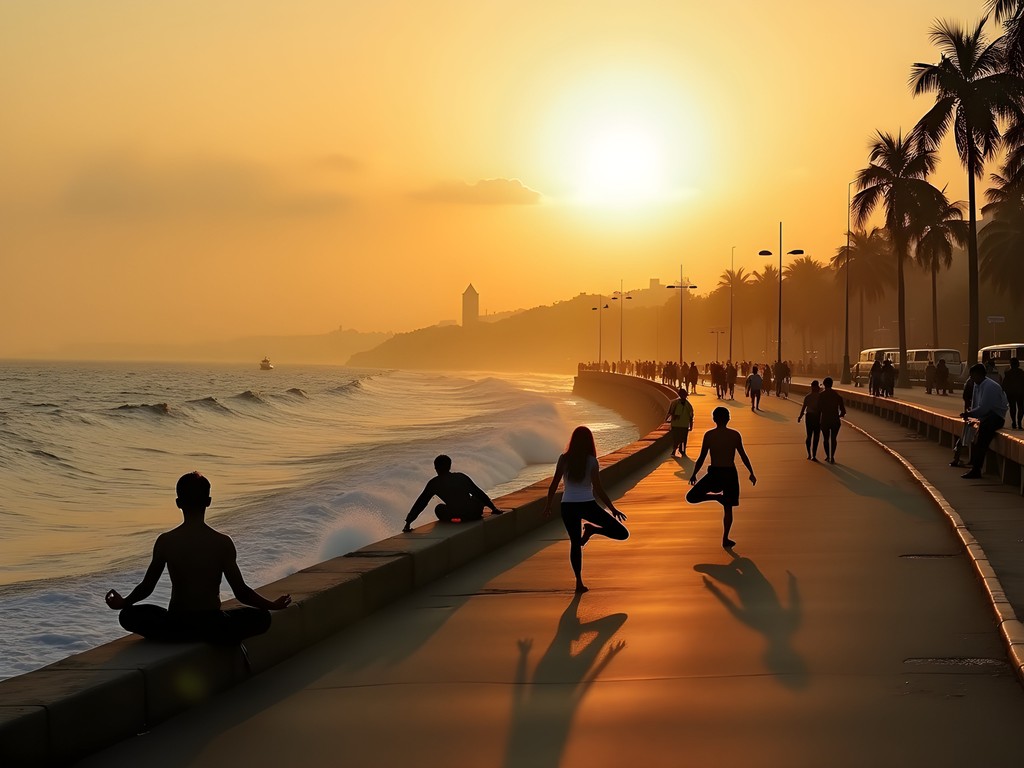
💡 Pro Tips
- Schedule at least 30 minutes of daily recovery time, even during the busiest itineraries
- Consider booking hotels with indoor pools for low-impact exercise that doesn't require venturing into pollution
- Practice mindful eating by slowing down during meals despite busy schedules
Beyond Business: Strategic Cultural Immersion
The most successful international executives understand that business doesn't happen in isolation from cultural context. In Mumbai particularly, I discovered that strategic cultural immersion directly enhanced my professional effectiveness and relationship-building capacity.
Even on tight schedules, I recommend carving out time to visit key cultural sites that provide insight into Mumbai's complex identity. Chhatrapati Shivaji Maharaj Vastu Sangrahalaya (formerly Prince of Wales Museum) offers an efficient introduction to Indian art and history. During my visit, I was particularly struck by the natural history exhibits showcasing indigenous medicinal plants—directly relevant to my research interests but also illuminating the traditional knowledge systems that influence contemporary Indian business thinking.
For understanding Mumbai's economic story, nothing compares to a guided tour of Dharavi, one of Asia's largest informal settlements and an entrepreneurial powerhouse. Reality Tours offers socially responsible walking tours led by community members that challenge preconceptions while revealing the innovation and economic complexity driving much of Mumbai's manufacturing sector.
Culinary exploration serves both as pleasure and business intelligence. The restaurants at Trishna (seafood) and Khyber (North Indian) provide sophisticated environments for business entertaining while showcasing regional cuisines. For more casual cultural immersion, I joined a small-group street food tour with Food Tours Mumbai, where a local guide ensured both safety and authenticity as we explored chaat, vada pav, and other iconic Mumbai flavors.
Perhaps most valuable was my visit to a contemporary art gallery in Kala Ghoda district, where conversations with gallery staff about emerging artists provided unexpected insights into generational changes in Indian consumer preferences and aesthetic values—information that directly informed my educational presentations later that week.
I found my compact travel journal invaluable for capturing these cultural observations. Taking notes on conversations, impressions, and connections between traditional and modern elements helped me integrate these insights into my business approach.
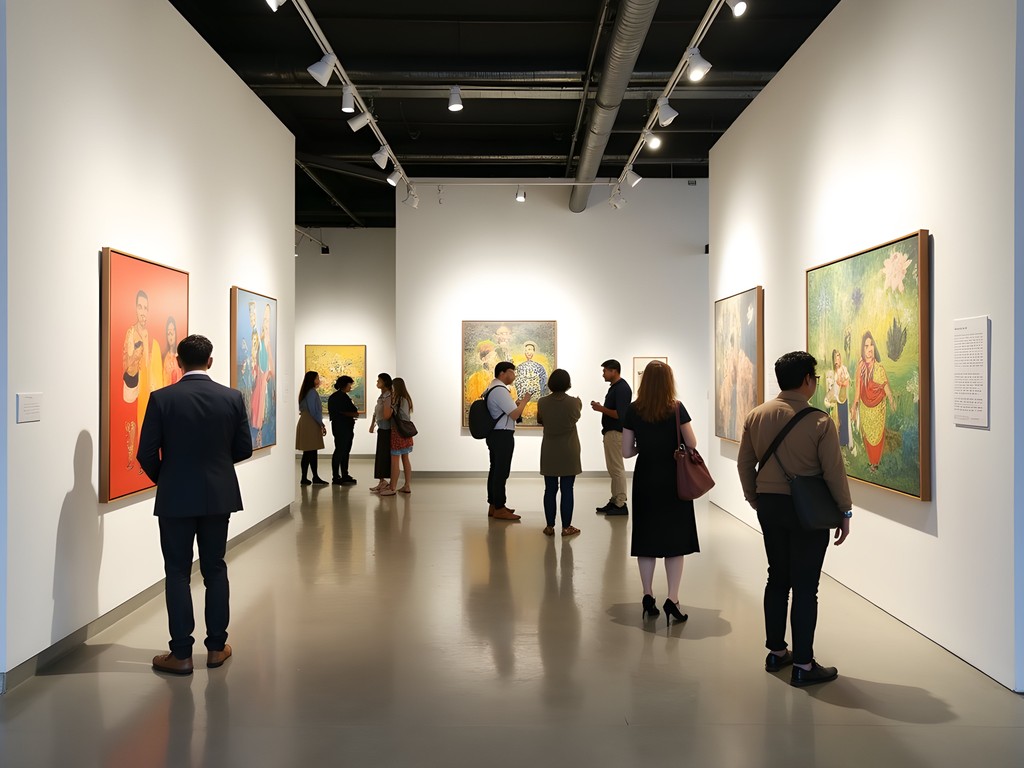
💡 Pro Tips
- Use car transfer time to research cultural contexts relevant to your meetings
- Ask local colleagues for their recommendations rather than relying solely on tourist guides
- Schedule cultural activities strategically between business commitments rather than only before or after your work obligations
Final Thoughts
Mumbai defies simple categorization—it's a city where ancient traditions and hypermodern business practices coexist in dynamic tension. As business travelers, our success depends on navigating this complexity with both efficiency and cultural intelligence. My week in Mumbai reinforced my belief that the most effective global professionals are those who approach business travel as a multidimensional learning opportunity rather than merely a series of transactions. By strategically balancing productivity with wellness, embracing cultural context, and building authentic relationships, we unlock Mumbai's true potential as a business destination. Whether you're exploring educational partnerships as I was or pursuing other commercial ventures, Mumbai rewards those who approach it with curiosity, respect, and adaptability. I'd love to hear about your experiences navigating this fascinating business landscape—connect with me through the comments or on my social channels to continue the conversation.
✨ Key Takeaways
- Strategic accommodation choices in Mumbai directly impact business productivity and networking opportunities
- Transportation planning requires significant buffer time and flexibility for successful meeting schedules
- Relationship-building takes precedence over immediate business discussions in Mumbai's business culture
- Maintaining wellness routines is essential for sustained productivity in this demanding urban environment
- Cultural immersion provides valuable business intelligence that enhances professional effectiveness
📋 Practical Information
Best Time to Visit
November to February (winter)
Budget Estimate
$3,000-$5,000 for a week (luxury accommodations, dedicated transportation, business dining)
Recommended Duration
5-7 days
Difficulty Level
Intermediate

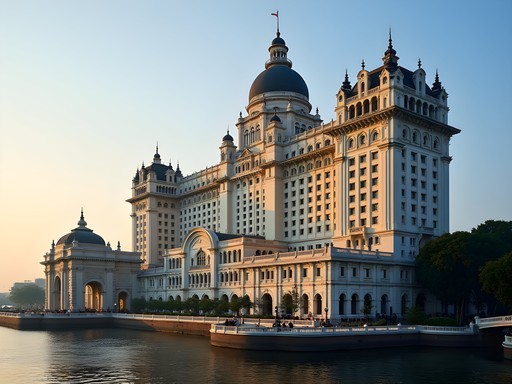
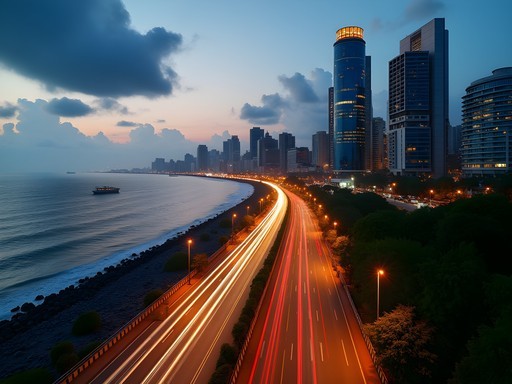

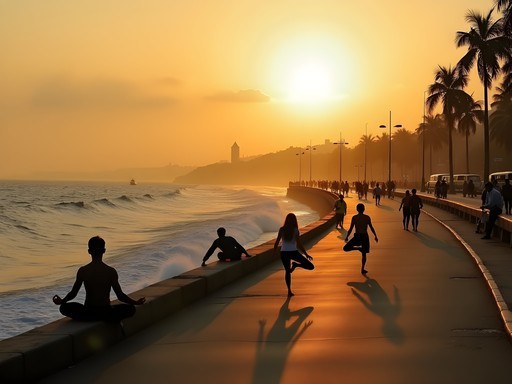
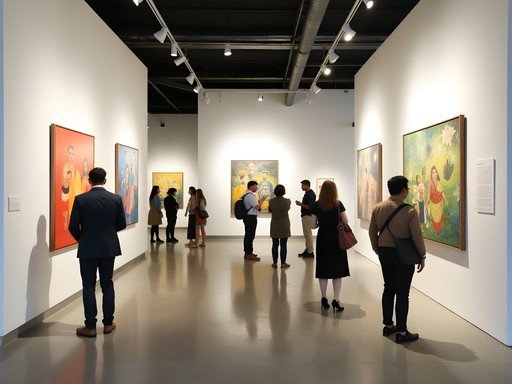


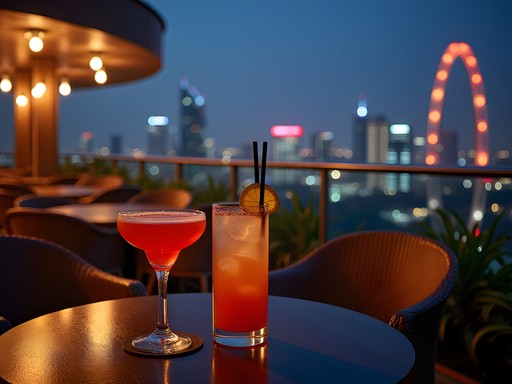
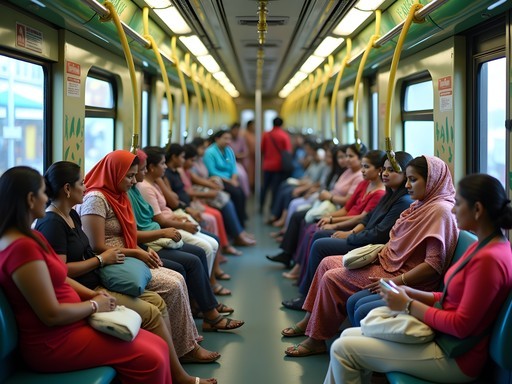
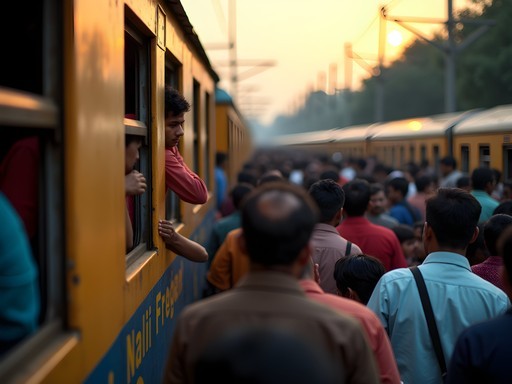
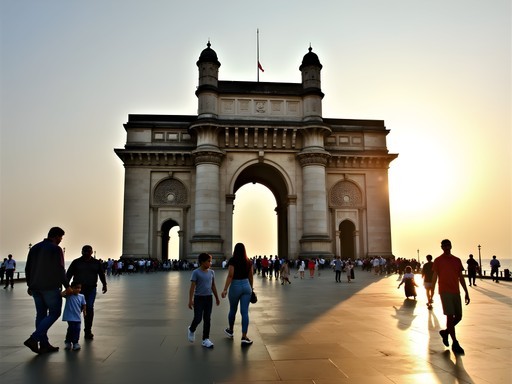
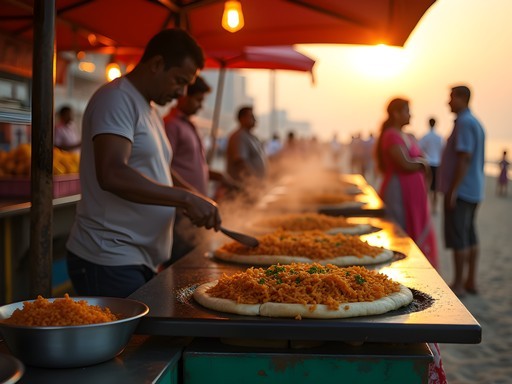
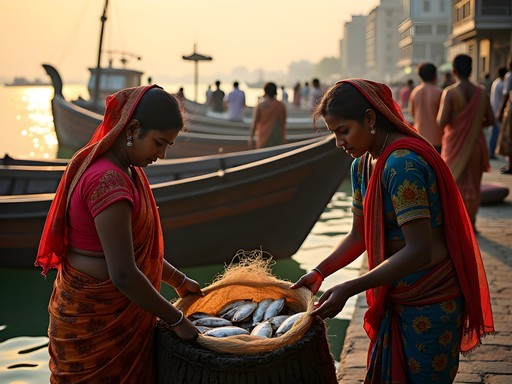
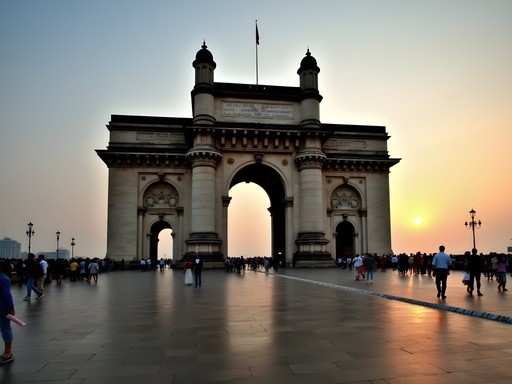
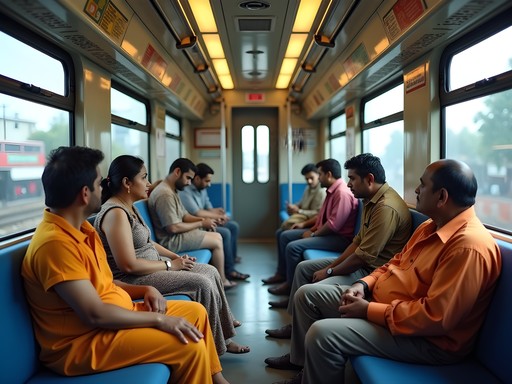
Comments
wanderluststar
Which hotel would you recommend for a first timer? Looking at staying near the business district but also want to explore on weekends
Ana Wallace
For that combo I'd say either the Trident in BKC (Bandra Kurla Complex) or something in Lower Parel. Both are central to business areas but you can easily get to Colaba, Marine Drive, and other tourist spots on weekends. The Trident has amazing service.
Douglas Bradley
Second the BKC recommendation. That area has really developed in the last few years.
moonseeker
Love this guide! The photos are gorgeous too 😍
Douglas Bradley
Really appreciate the cultural intelligence section, Ana. I'd add that punctuality expectations can vary quite a bit depending on whether you're meeting with multinational corporations versus local businesses. In my experience, the former tend to run on strict schedules while smaller Indian companies operate on more flexible timelines. Also found that building relationships over meals is crucial - don't rush straight to business talk. The concept of 'Indian Standard Time' is real but shouldn't be assumed. When in doubt, arrive on time yourself and bring patience.
wanderphotographer
YES to everything about the transportation section!! I was there last year and made the mistake of trying to uber everywhere during rush hour. Ended up taking the local trains after day 2 and honestly it was such a better experience. You get to see real Mumbai life and it's SO much faster. Just avoid peak hours if you can (7-10am and 6-9pm). Also the auto rickshaws are fun but definitely use the meter or agree on price first!
moonseeker
this is super helpful! were the trains confusing to figure out?
wanderphotographer
not really! there are apps that show you the routes. western line and central line are the main ones. just watch a youtube video before you go
coffeenomad
heading to mumbai for work in march - how bad is the jet lag really?? any tips for staying sharp during meetings?
Ana Wallace
The jet lag is real! I'd suggest arriving at least 2 days early if you can. Stay hydrated on the flight and try to get some sunlight as soon as you land. The hotels I mentioned have great gyms which really helped me adjust.
coffeenomad
thanks! yeah my company is letting me come in early thankfully
Taylor Moreau
Excellent guide, Ana. Having done the London-Mumbai route countless times for financial services meetings, I'd add one crucial tip: always build buffer time into your schedule. Mumbai's unpredictable traffic can derail the most carefully planned meeting itinerary. I typically allow 45-60 minutes for what locals tell me is a '15-minute drive.' Also, don't underestimate the value of a good hotel business center - the Taj and Oberoi both excel when you need last-minute document printing or meeting space. The cultural intelligence section is particularly valuable - relationship building truly does precede transaction in Indian business culture.
Ana Wallace
That's such practical advice, Taylor! The buffer time recommendation is absolutely essential. I learned that lesson quickly after missing my first meeting due to underestimating travel time. And yes, those hotel business centers have saved me more than once!
mountainvibes
Love the wellness tips! Jet lag is no joke.
islandmate
What's the dress code like for business meetings in Mumbai? I'm packing for my trip next week and wondering how formal I need to be in the heat!
escapefan
Not the author but I can share my experience - business formal is still expected in most corporate settings despite the heat. Lightweight suits for men. AC is usually blasting in offices and nice hotels though!
islandmate
Thanks for the tip! Will pack my lightweight suits then.
Sage Dixon
Ana, this is such a comprehensive guide! I was in Mumbai last year and found the contrast between ancient traditions and modern business fascinating. One tip I'd add: for executives trying to squeeze in some cultural experiences between meetings, I highly recommend an early morning walk along Marine Drive before the city fully wakes up. It's peaceful and gives you a different perspective of the city. Also, I found my noise-canceling headphones absolutely essential for both the flight and finding focus in Mumbai's constant buzz of activity.
springbackpacker
Those luxury hotel recommendations look amazing! Way out of my budget though lol
Venture X
Premium card with 2X miles, $300 travel credit, Priority Pass